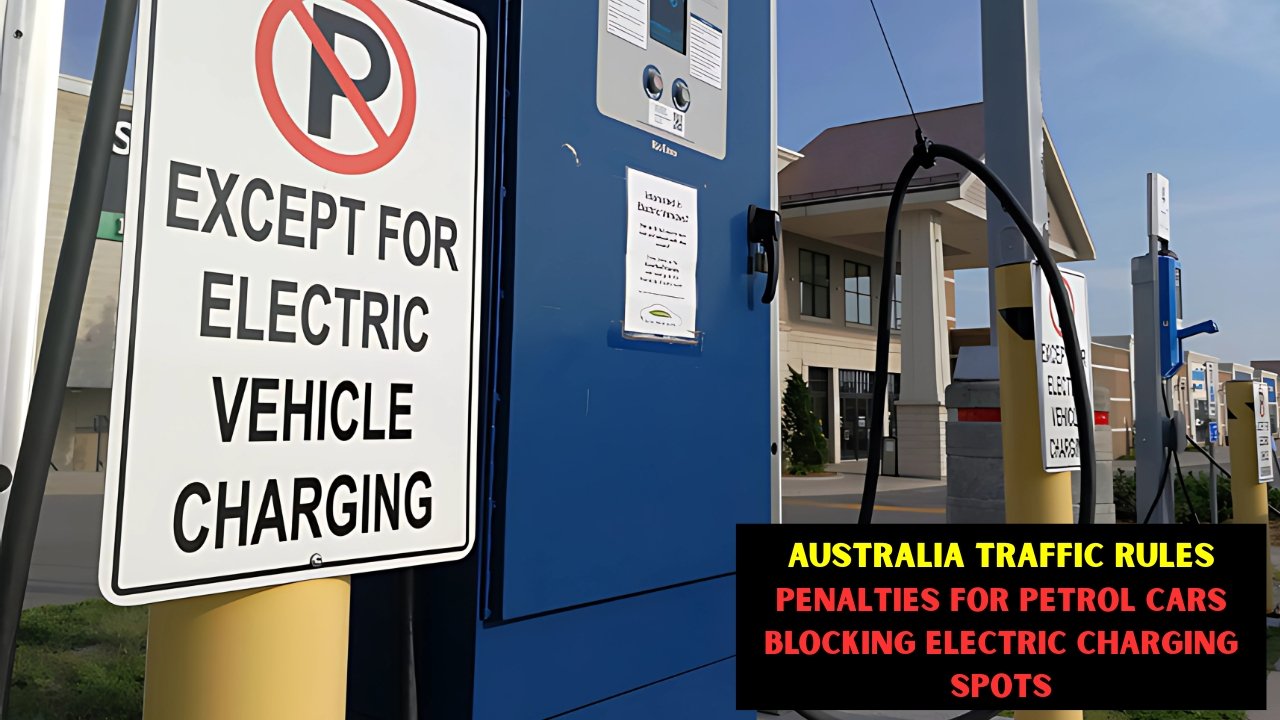New South Wales has taken the effort to support the transition to electric mobility by imposing heavy fines on petrol and diesel vehicles that park on the electric vehicles charging only bays. This new legislation aims to block and curb the practice known as “ICEing” which means Internal Combustion Engine (ICE) vehicles occupying charging bays and restricting access for electric vehicles (EV) owners. With the growing presence of electric vehicles (EV) on the roads, public charging stations will be very important and these fines will make sure that EV charging stations will be accessible to EV owners.
Fines for Illegal Parking in EV Charging Bays (Selected States)
| State/Territory | Maximum Fine (AUD) | Notes |
|---|---|---|
| Australian Capital Territory (ACT) | $3,200 | Highest fine in Australia |
| Queensland | $2,875 | Significant deterrent |
| New South Wales (NSW) | $2,200 | Applies to ICE & non-charging EVs |
| Victoria | $369 | Lower fine, endorsed since 2020 |
| South Australia | $250 | Enforced since March 2024 |
Why Are These Fines Important?
In the case of EV owners who encounter petrol or diesel vehicles parked in charging bays, the fines constitute a part of the solution to the problem that many encounter. This type of behavior is the primary reason that the adoption of electric vehicles is slowed, and advanced charging infrastructure is useful. In the state of New South Wales, the maximum penalty for parking a non electric vehicle in an EV charging bay is $2,200. This is steep enough to make the penalty work, but also reflects the rest of Australia where charges for similar behavior can be a few hundred to a few thousand dollars. This EV infrastructure needs to be used in a more efficient manner to encourage more drivers to switch to cleaner vehicles.

Legal Framework and Enforcement
As part of the Road Rules Road Safety Act of December 2022 in NSW, the rule in question now forbids any motor vehicles, apart from electric ones, from stopping or parking in designated E-V parking zones. The charge of 20 penalty units, which is a part of the rule, has become the maximum chargeable fine of $2,200 dollars without an electric vehicle that has been parked in a charging bay also actively charging it. The rule works for any vehicle that blocks the crucial sparce even if it is not charging. Local councils do the enforcement of the rule which helps the state fulfill its environmental emission goals.
Broader Implications for EV Adoption
This legislation encourages the more responsible use of parking as well as helps support the broader goal of EVs which is eliminating the fear of running out of battery charge on an EV before a charging station is found. By preventing E-V charging bay misuse, NSW helps develop more functional and easily accessible public charging infrastructure. This is important to sustain the pace of EV use, which is very helpful in decreasing greenhouse emission levels for clean transport in cities.
How NSW Compares Nationally
NSW’s $2,200 fine is amongst the highest in the country, second only to Australian Capital Territory ($3,200) and Queensland ($2,875) while being far surpassing fines in the other states, such as Victoria ($369) and South Australia’s ($250). These fines highlight the importance these states place on the protecting EV infrastructure. The coordinated approach on a national level helps emphasize the point: EV charging bays are reserved for charging electric vehicles only. Such uniformity is advantageous to every EV driver in Australia as it eliminates ambiguity and ensures equitable access across the country.